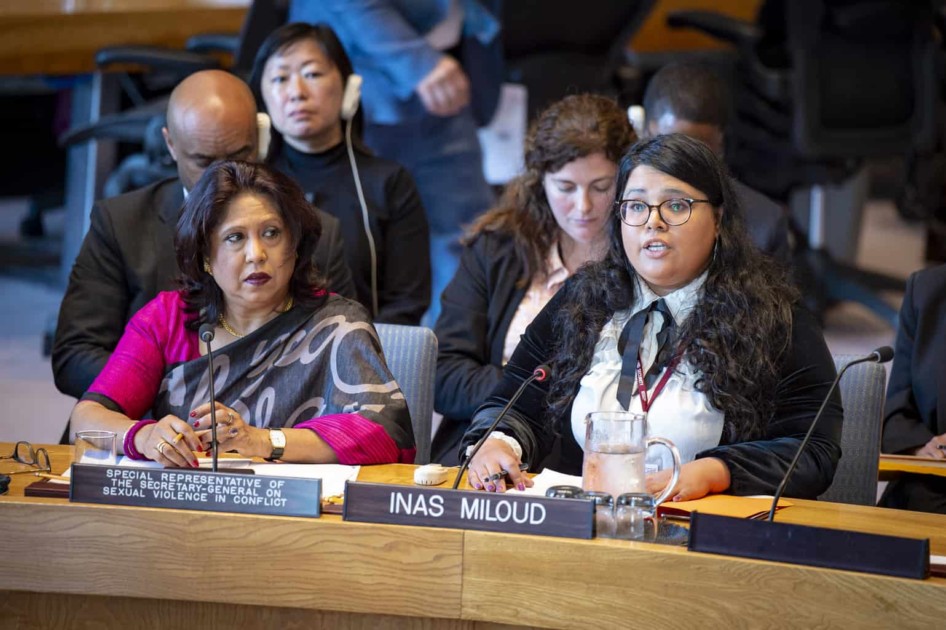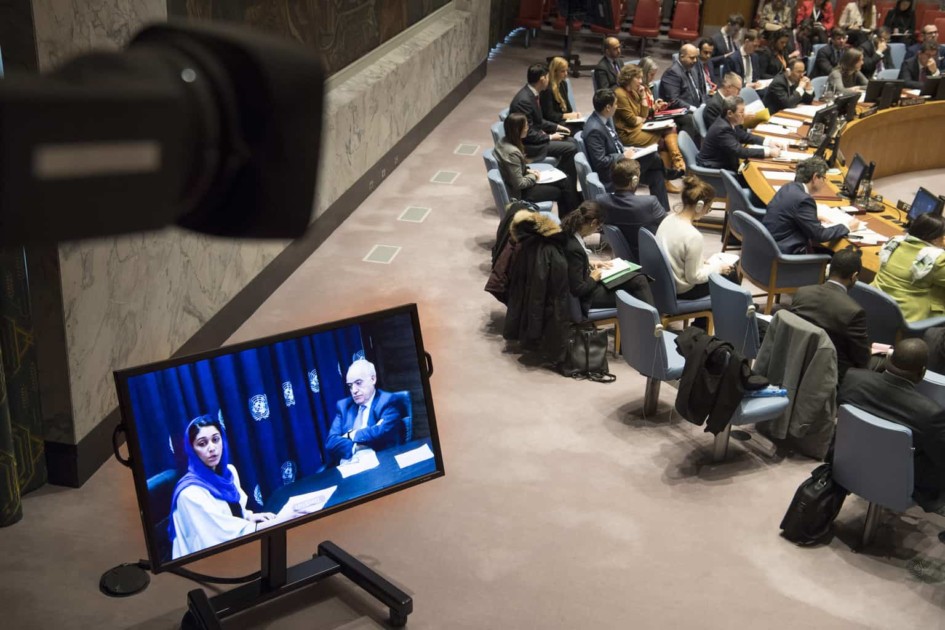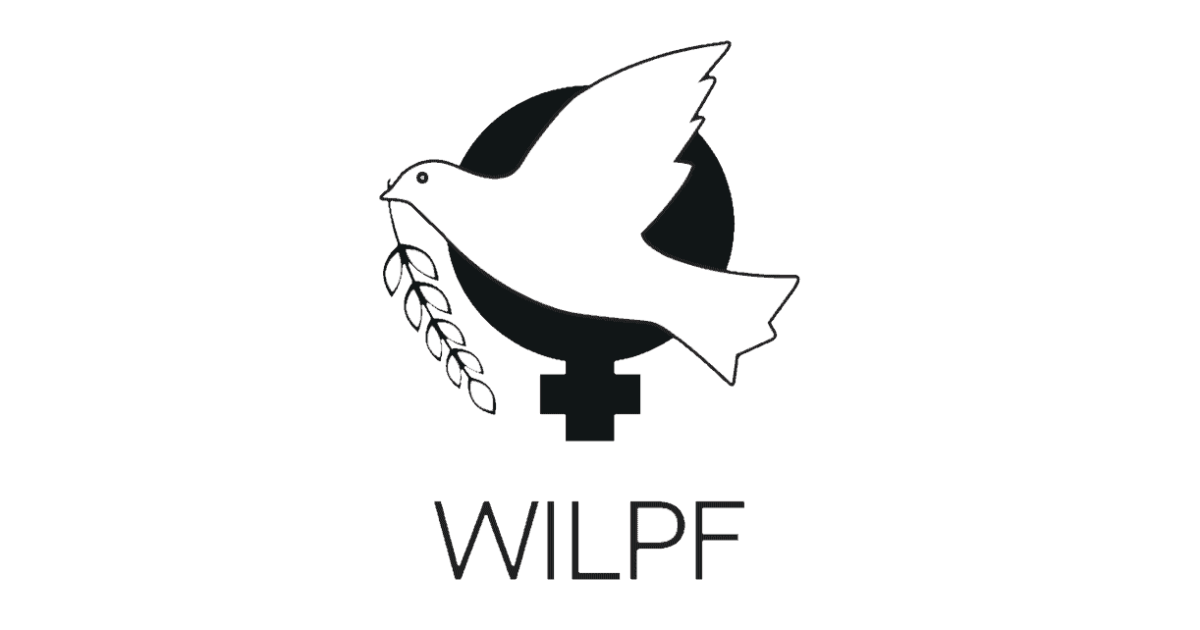Libya
Libya
Years after the deposition of dictator Moammar Gadhafi as part of the Arab Spring, Libya remains in a deteriorating security situation that is especially volatile for women. Sexual and gender-based violence during the war, including mass rape, has yet to be investigated, and women’s rights have continued to decline as different Islamic groups strive to curtail freedoms throughout the country. Violence against women remains common, but reporting remains low; like political and civic participation, reporting and activism by women remains deterred due to threats of violence or death.
Since 2011, Libya has passed new laws which discriminate against women, including the legalization of polygamy and quota reductions for women’s representation in Parliament. Although a party to the Convention on the Elimination of All Forms of Discrimination against Women (CEDAW), Libya does not have a National Action Plan per resolution 1325 (2000).
Due to the high rates of discrimination, exclusion and violence faced by women in Libya, the NGOWG advocates for the Security Council to continue supporting the United Nations Support Mission in Libya (UNSMIL) to include women as full and equal partners in supporting the transition of power to the Government of National Accord, which has struggled to establish legitimacy and control. Without the inclusion of women, the new government will face greater challenges to creating sustainable peace in Libya and continue exposing Libyan women to extreme risk of violence.
Current and Past Recommendations to the UN Security Council (Monthly Action Points)
In its discussion of the situation in Libya and the latest report of the UN Support Mission in Libya (UNSMIL), Council members must call for women’s rights and the full, equal and meaningful participation and leadership of diverse women, including young women, displaced women, Indigenous women and women with disabilities, in formal, substantive and specific roles at every level of the peace process, including the current Libyan Political Dialogue Forum (LPDF) and the local level in provincial councils. Council members are encouraged to welcome the recommendations from recent multi-stakeholder consultations with diverse women and support integrating these priorities in future rounds of the LPDF and the inclusion of women in leadership roles in all LPDF tracks, including recommendations by Libyan women participating in the Forum. In the context of the recent killing of lawyer Hanan Al-Barassi and the continued threat to women leaders, the Council should call on UNSMIL to support the development of inclusive, consultative protection mechanisms to enable diverse women, including women human rights defenders and peacebuilders, to participate safely and actively without fear of reprisal.
Relevant Resources









